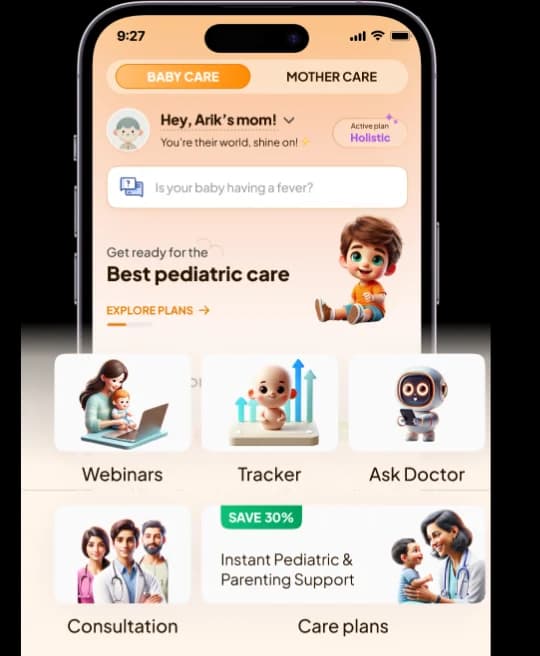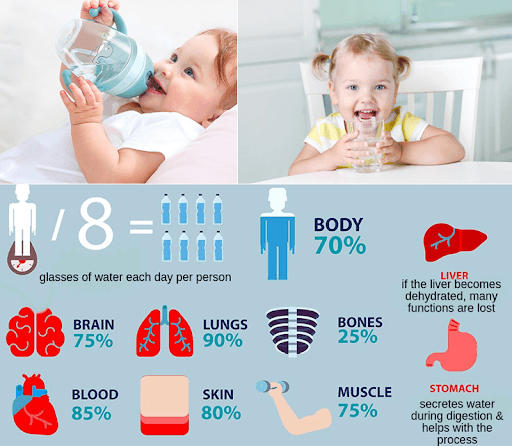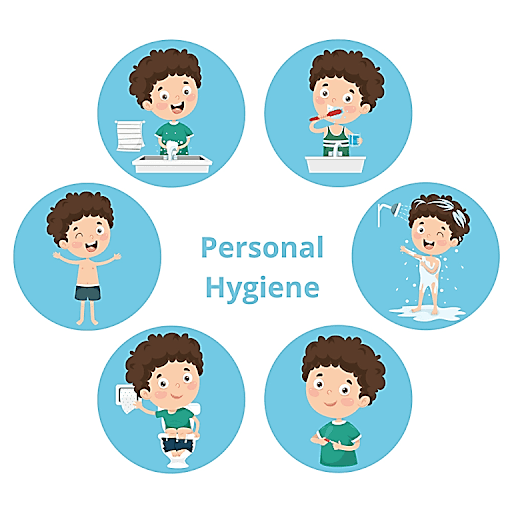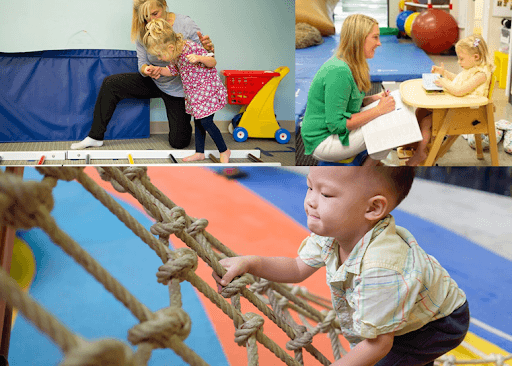
Getting a new pet may be the last thing on your mind while having a baby, but it could help protect your baby from allergies. According to several studies, exposure to pets during early childhood may reduce the likelihood of developing animal allergies later in life.
Another benefit of owning a dog or any other pet is that studies have shown it to improve overall well-being, making them excellent companions for families with children.
However, if your child already has an allergy to something, it’s essential to consider their current allergies and consult with a doctor before bringing a new pet into the home
Is having a dog as a child a preventative measure for allergies?
Most people think pet allergies are caused by hair, but that’s not entirely true. Some people are allergic to the proteins in animal dander, saliva, and urine. These proteins can stick to furniture, clothing, and carpets for an extended period.

According to a recent study, babies raised in a home with one or more dogs or cats were up to 77 percent less likely than children raised in a home without pets to develop various forms of allergies by the time they reached the age of six years. Additionally, they were less likely to be sensitive to dust mites, ragweed, and grass.
Yes, Allergies can be reduced by having a pet. Long-term research by Detroit, Michigan concluded that-
Study participants were tracked from the time they were born until they were 18 years old in Detroit, Michigan, to see if they developed allergies to dogs and cats due to long-term exposure.
Families that participated had their children tested for dog and cat allergy sensitization at age 18 and completed annual surveys about their indoor pets (animals that spend at least 50% of their time indoors).
Research shows that having a dog or cat in the home during a child’s first year of life minimizes the chance of allergic sensitization later in life. During childhood, exposure had no significant protective effect.
By the age of 18, boys who had an indoor dog in the first year of life were half as likely to be sensitive to dogs as those who did not have an indoor dog in the first year of life, according to the study.





